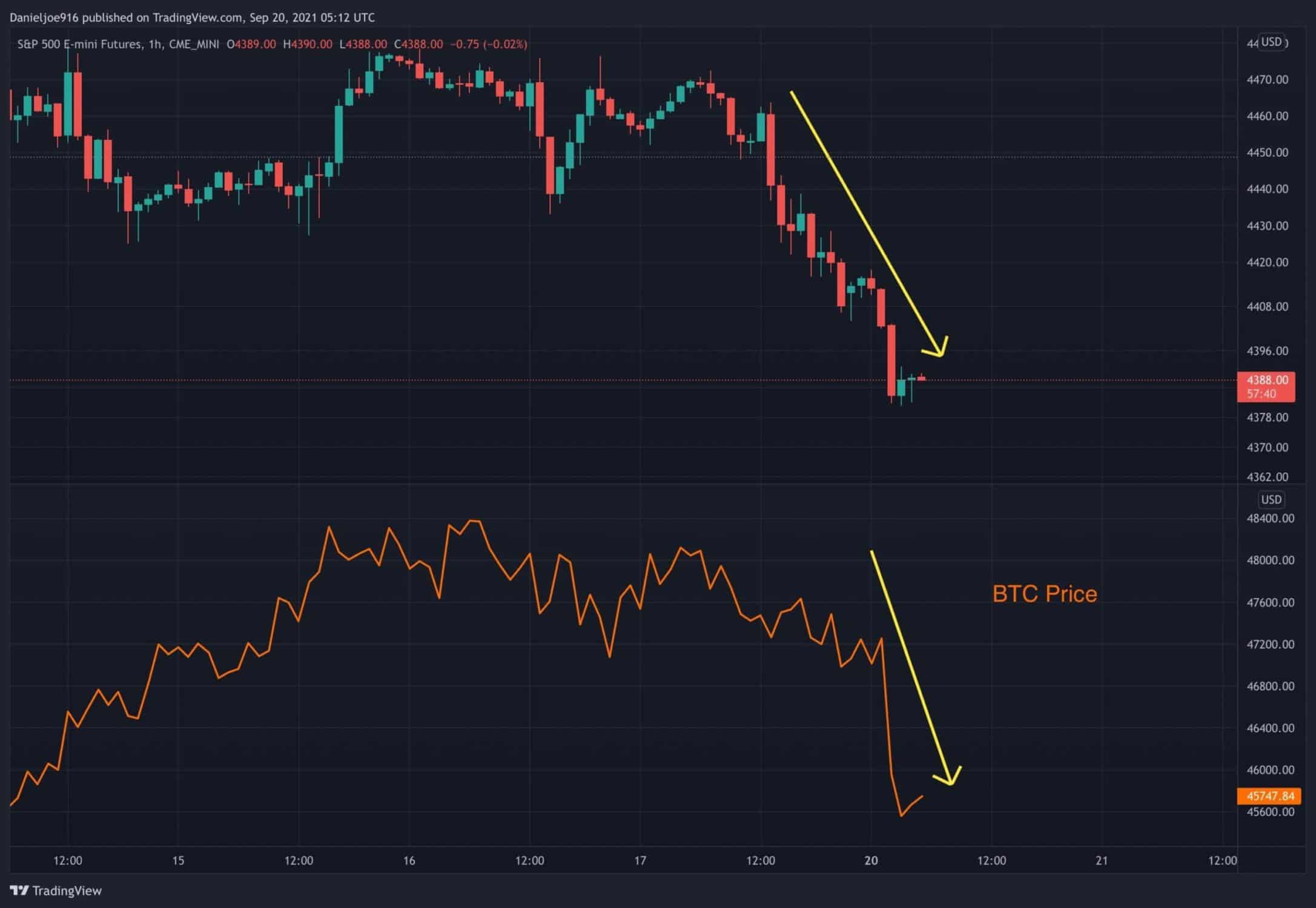MetaMask Launches Staking Nodes on Behalf of Users, Albeit at a Steep Price
Metamask launched Validator Staking support on its wallets as of January 18.
Users who wish to stake their tokens will need to have at least 32 ETH in their wallets to do so, which is the minimum requirement of the Ethereum network itself.
Introducing Validator Staking on MetaMask Portfolio.
With a 32 ETH deposit, we run your very own validator node where you’re always in control.
No pooling. No hardware. Just rewards.
https://t.co/rmCtgs86WO pic.twitter.com/R8VRttP2XX
— MetaMask
(@MetaMask) January 18, 2024
Easy to Use
The users’ tokens will then be staked by Consensys, who, admittedly, have a stellar reputation when it comes to uptime.
When a validator breaches consensus rules, it is slashed from the network and loses some of the funds set as collateral. With over $2 billion worth of ETH staked across tens of thousands of nodes, Consensys reportedly has never had any of its validators slashed.
MetaMask wallet owners only need to check the boxes, and they’re on track to own staking rewards. So what are the downsides? The price, for starters.
The Price of Not Being Tech Savvy
Although the minimum staking requirement of 32 ETH is not something imposed by MetaMask, the barrier to entry is still quite high because of it. In order to allow more people to participate, Lido, one of the biggest staking networks, allows you to pool your Ether with others – although the rewards for doing so are, understandably, proportional to the amount you staked, leading to lower rewards.
“With Lido, you don’t need 32 ETH to start staking. Lido will pool your ETH with funds provided by other users until the pool reaches 32 ETH. Lido will then set up a validator node by depositing the ETH into Ethereum’s staking contract and proportionally share staking rewards with you.”
Although MetaMask also allows for pooled staking, validator nodes are still off-limits without the standard amount of collateral.
In exchange for its services, MetaMask charges a 10% commission on rewards, currently worth about 4% of the staked amount over the course of the year. This brings a potential payout of not much more than what Lido would offer.
Another user-friendly staking option is offered by Coinbase, who unfortunately charge a commission of 25%.
Although MetaMask’s product is straightforward, easy to use, and helpful for newcomers to the ecosystem, someone serious about staking would probably be better off purchasing their own hardware, learning about the practice, and setting up their very own validator node.
The post MetaMask Launches Staking Nodes on Behalf of Users, Albeit at a Steep Price appeared first on CryptoPotato.











